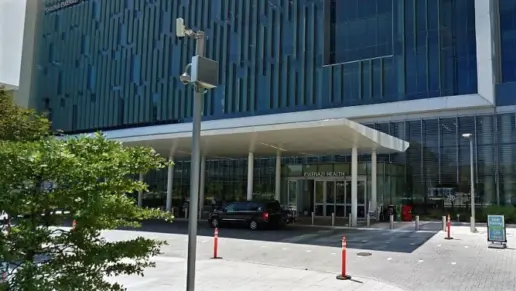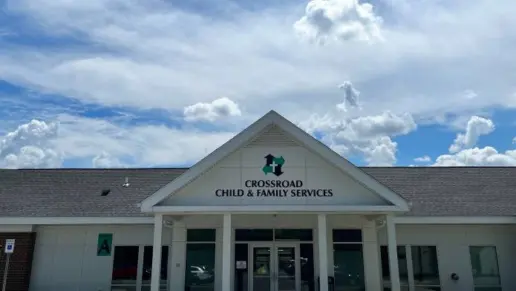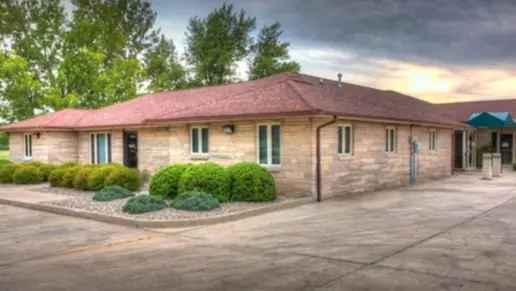About Hickory Treatment Center at Indianapolis
Hickory Treatment Center at Indianapolis provides a dual diagnosis program aimed at helping people who have been diagnosed with both substance use disorders and mental health disorders. This Indianapolis, Indiana, facility offers a structured and supportive environment with expertise in treating co-occurring mental health disorders such as anxiety, depression and PTSD with addiction. This is especially helpful because it can help patients deal with both conditions simultaneously, which is vital for long term recovery.
Their medical detoxification allows individuals to gradually and safely withdraw from drugs or alcohol under the care of doctors. It is typically the initial stage of detox that helps individuals cope with withdrawal symptoms within a monitored atmosphere.
The other core program is their inpatient residential treatment, which is a structured environment with around the clock care where clients can focus on recovering from addiction. This program incorporates evidenced based therapies such as cognitive behavioral therapy (CBT), group therapy and personal counseling. They also include holistic approaches like mindfulness, yoga and recreational therapies to enhance physical and emotional recovery. The center also focuses on recovery for the family as a whole with family therapy, recognizing that addiction is a disease that affects the entire family.
Hickory also provides outpatient programs, such as intensive outpatient programs (IOP) and aftercare planning for those who do not require constant care upon returning to their homes. The aftercare services that they provide are crucial in relapse prevention, allowing people to learn to properly manage their emotional states on a day by day basis and meet other support groups at the local level.
Latest Reviews
Rehab Score
Gallery
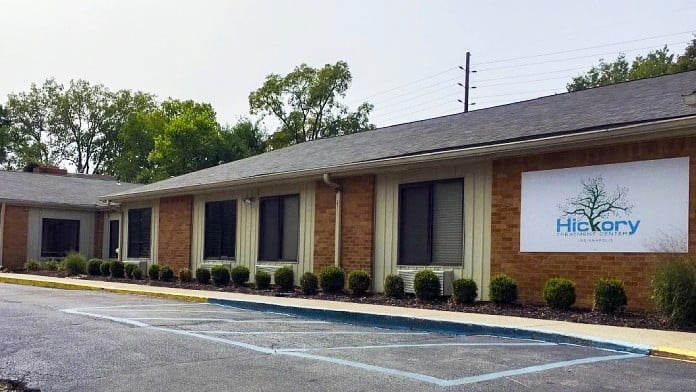
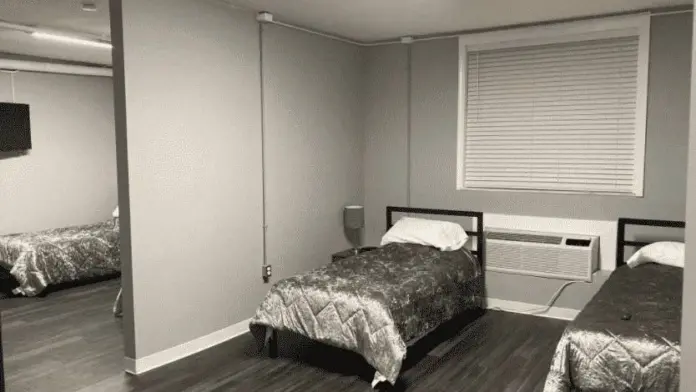
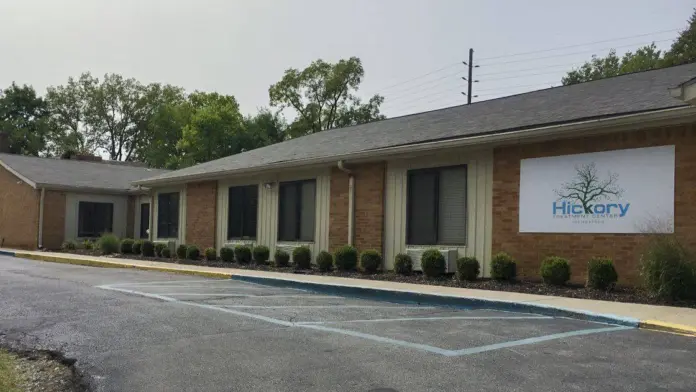
Location
Accepted Insurance
Other Forms of Payment
Private insurance refers to any kind of healthcare coverage that isn't from the state or federal government. This includes individual and family plans offered by an employer or purchased from the Insurance Marketplace. Every plan will have different requirements and out of pocket costs so be sure to get the full details before you start treatment.
Self-pay involves paying for treatment out of your own pocket. You can use savings or credit, get a personal loan, or receive help from family and friends to fund your treatment. If you don't have insurance or your insurance plan doesn't cover a specific program, self-pay can help ensure you still get the care you need.
Medicaid is a state based program that helps lower-income individuals and families pay for healthcare. Medicaid covers addiction treatment so those enrolled can use their coverage to pay for rehab. When a program accepts Medicaid the client often pays very little or nothing out of their own pocket.
Addiction Treatments
Levels of Care
Clinical Services
When you participate in cognitive behavioral therapy in Indiana, you'll learn to recognize distorted thinking that has led to substance use. Your therapist will help you establish new patterns of thinking and healthy ways to cope with challenges that don't involve substance use.
Individual dialectical behavior therapy (DBT) takes place in weekly, 60 minute sessions. You'll have homework to do, such as keeping a diary to track your emotions and actions. You'll also attend group sessions, which are intended to be skills practicing sessions. DBT in Indiana typically lasts six months to a year.
Group therapy provides a unique experience for men and women to encounter a supportive environment where you can share your experiences and gain insight from your peers who understand your struggles. Group therapy improves your journey and helps promote sustainable recovery.
Qualified therapists in Indiana use a customized treatment approach for individual therapy to address your drug and alcohol addiction treatment. This considers your past history and life circumstances to help you uncover the underlying issues that trigger addictive behavior and manage these factors to support a healthy approach to recovery.
Staff

Executive Director

Clinical Director

Clinical Manager

Director of Nursing

Assistant Director of Nursing

Client Care Coordinator
Contact Information
2926 N Capitol Ave
Indianapolis, IN 46208



